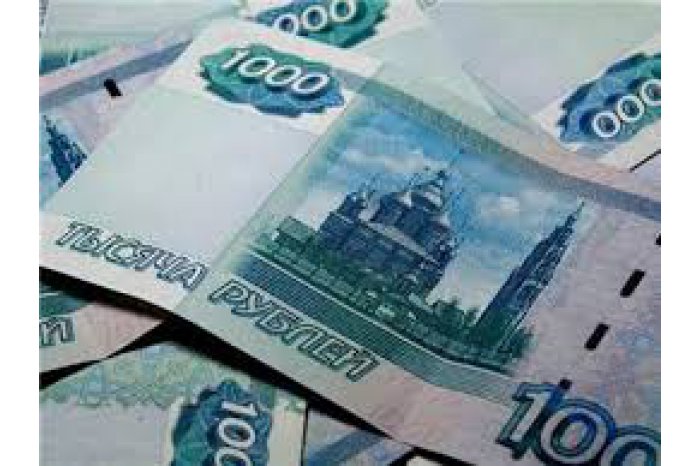Russian rouble falls. How does this affect Moldovan economy and residents?
12:24 | 17.12.2014 Category: Economic
“The general background of uncertainty and insecurity is negative, as it creates certain perceptions and expectations, respectively, some anticipation that it could be even worse. And everything against a background of a sharp decline of trust in the local banking system,” economist Veaceslav Negruta said.
Those who will lose and already feel this lost in their pockets are the citizens of Moldova who work in Russia and are paid in rubles, as well as their relatives at home. The incomes of migrants are melting away every day, and the number of those due to be hit by the fall of the ruble is very large. As much as 39.5 per cent of the transfers worth almost half a billion dollars, sent to private people via Moldovan banks in the third quarter of 2014, were made in rubles. The incomes of transfers of those receiving money are much smaller, given that the Moldovan leu depreciated more slowly.
“In case we witness a sharp and continuous drop of the Russian economy, and the labour market will go into a strong decline, we could estimate the losses triggered by this situation at least at one billion dollars, as this is the amount of money remittances in rubles from Russia. Thus, a depreciation of the Russian ruble would affect the value of remittances, which, in its turn, will reduce the consumption. In this context, we can also talk about a decrease in budget revenues and as a result, about a diminution of the Gross Domestic Product (GDP),” a programme manager at the Expert-Grup Independent Centre Alexandru Fala, told the newspaper Ziarul National (National Newspaper).
Any shock from the foreign market, and especially the one coming from the main trade partner, influences the domestic currency market. The ruble fall will directly affect the currency market. Governor of the National Bank of Moldova (BNM) Dorin Dragutan said “we have a significant depreciation of the Moldovan leu against US dollar starting from 2014. This represents a macroeconomic adjustment of economy to the regional situation.”
The governor also noted that the things would not continue endlessly this way, both Russian ruble and oil price would stop falling at one time. The forecasts for 2015 are not optimistic at all. Pressures both on the economy and currency market will still continue. The agitation on market is stimulated by local factors too; it seems to have appeared, after the BNM governor said there were no grounds to artificially maintain the exchange rate of the Moldovan leu, and that he would not intervene to mitigate what was happening in Russia or Ukraine. The slight interventions are not able to calm the situation.
On the other hand, according to media, the BNM sells currency from reserves at a higher quotation than the ones with which the market participants are operating. The depreciation of the Moldovan leu were discouraged, if the bank would have given a clear signal of not allowing exchange rates higher than 15 or 16 lei per one US dollar. And the problems regarding the shareholders, some banks are facing, - diseases which have not been treated in time, make those who would like to sell currency more cautious; as a result, the demand of foreign currency of the economic agents is not covered by the net supply from private people by far. And this lays pressure on the currency market.
After the financial collapse from 1998, the economy and exports started increasing in several years; yet, the national currency did not get close to the quotation it had had in the year before the crisis.

